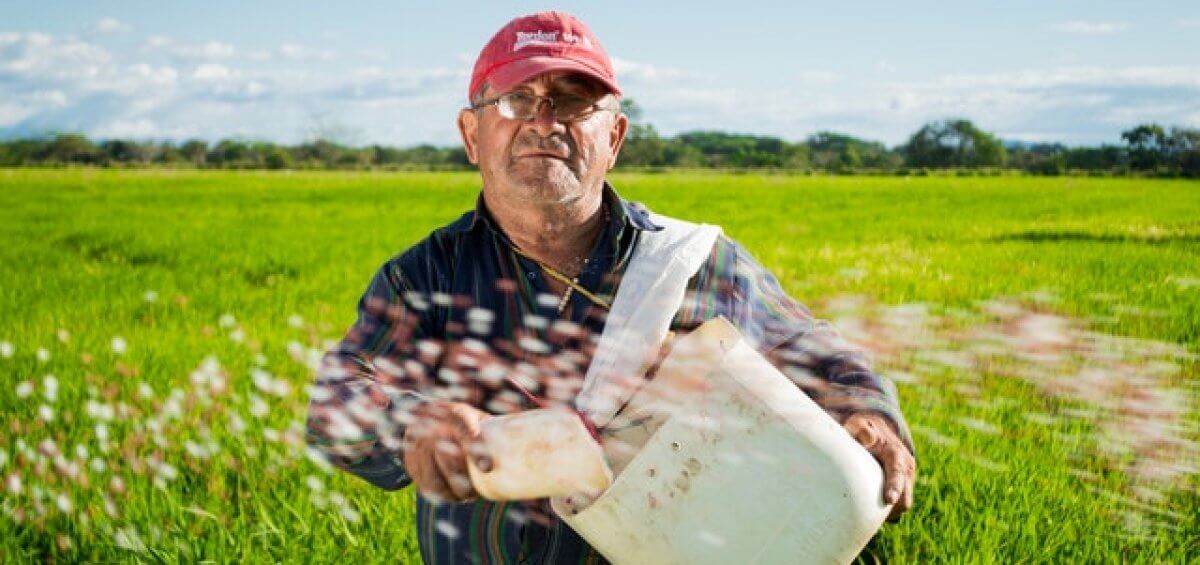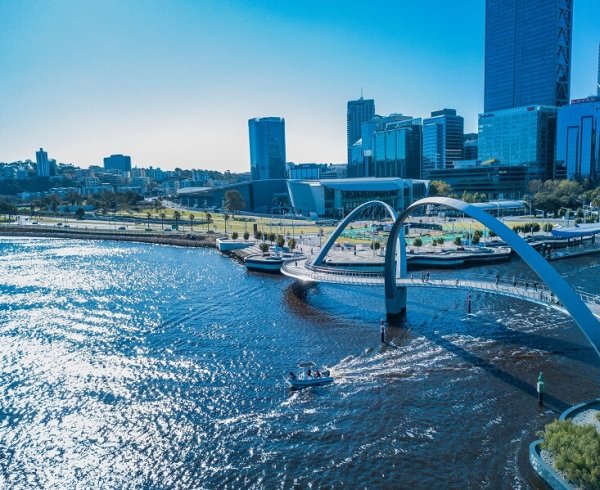The latest on plans for Australia’s new migrants to live in regional areas
Australia’s Population and Urban Infrastructure Minister, Alan Tudge recently confirmed the Government is progressing plans to develop a new landmark population policy that will introduce visa conditions requiring overseas workers to settle outside Sydney and Melbourne for five years to ease congestion in the two major cities. At this stage, the policy details remain unclear, however, Mr Tudge has confirmed we can expect more details about plans for new migrants to live in regional areas before the next election in May 2019.
Mr Tudge has however confirmed the changes are not likely to impact employer-sponsored visas saying, “Settling even a slightly larger number of new migrants to the smaller states and regions can take significant pressure off our big cities. There are some constraints to this, of course – for example 25% of our annual migration intake is directly related to an employer sponsoring a person for a job where they cannot get an Australian. We do not want to jeopardise the growth of those sponsoring businesses, and hence the wealth of our nation.”
According to Mr Tudge, further details on Australia’s population policy are expected to be released in the coming months before an expected May 2019 election. If policy changes do go ahead, it would have significant impacts on new migrants coming into Australia. Interstaff examines how the Government may encourage migrants to live in regional areas and highlights the many communities and industry viewpoints for and against the plans.
The Facts
Australia already has several visa programs designed to fill skills shortages in rural and regional Australian areas, including the Subclass 887 Skilled Regional Visa and the Subclass 187 Regional Sponsored Migration Scheme, however statistics show 87% or 112,000 of skilled migrants settled in Melbourne or Sydney last year, with existing Skilled Regional and RSMS visa programs only making up 10 per cent of permanent migration visas.
How Australia may encourage migrants to settle regionally
Visa conditions requiring a regional stay
Mr Tudge has confirmed the new policies will involve attaching conditions to visas that would possibly require migrants to spend five years regionally before being able to move to larger cities like Sydney or Melbourne.
Statistics by the Department of Immigration show one in ten people who come to Australia under existing regional visas move to a city within 18 months. The idea behind introducing the visa conditions is that migrants will be more likely to establish regional areas as their home over the five year period and have greater incentives to stay.
Immigration Minister, David Coleman believes compliance measures may be needed to ensure people stay in regional areas saying, “Obviously if people come on a visa that’s meant to be based in a regional area then compliance needs to be there to make that happen.” The logistics of how this would be managed however, are yet to be made clear.
Incentives to live or work regionally
Mr Coleman also says he is looking ‘very closely’ at ways to offer ‘the right incentives’ to attract migrants to live in regional areas. He believes existing regional visas could be simplified to make the process to migrate to regional areas as easy as possible. Mr Coleman has ruled out the creation of special rural tax zones as one possible incentive but is reviewing the option for a points-based system to fast-track temporary workers who choose to settle in other areas than Sydney or Melbourne.
Currently, incentives already exist enabling regional employers to sponsor skilled migrants to live in regional areas with access to fee waivers and priority processing for visas. Read about other incentives that could encourage regional settlement as mentioned in our previous article here.
Industry and Community Viewpoints
The Government’s plans to encourage migrants to live in regional areas or smaller capital cities has become a highly controversial topic that has prompted many industry groups to share their opinions on whether it will be practically achievable. Here’s what community and industry groups have to say about the issue:
- The Australian Chamber of Commerce and Industry has been lobbying the federal government to allow regional employers to sponsor skilled migrants under a more broad list of occupations. CEO James Pearson says, “Strong long-term settlement outcomes in the regions come from supporting employment growth and enabling businesses to get the skills they need.” Mr Pearson regularly advocates for regional skilled migration and says, “We need to support industries, such as those that deliver regional tourism services, to create more economic opportunities and skilled jobs for Australians, supplemented by migration when needed.”
- Carla Wilshire from the Migration Council of Australia says history has shown regional settlement can have enormous benefits for both individuals and boosting activity in struggling remote communities. “However, it’s critical we have the necessary social infrastructure invested into these regional locations,” she says.
- Mary Patetsos from the Federation of Ethnic Communities’ Council of Australia says overseas workers make a significant contribution both in regional and metropolitan areas however, ‘Any policies that encourage migration to the regions need to be transparent and fair and protect migrants from exploitation.”
- Labor frontbenchers say important questions still remain as to how the Government can practically introduce visa conditions to encourage migrants to live in regional areas without running into legal disputes by restricting a person’s freedom of movement.
- Eugenie Joseph, Senior Policy Analyst at the Centre for Independent Studies believes the idea of evenly distributing migrants across Australia is illogical because Australia’s permanent migration intake is demand driven and says, “it depends on the skills that are in high demand by Australian employers – not on the capacity of Australian cities and towns to ‘absorb’ higher populations.” Mr Joseph also stated that the types of skills required in metropolitan areas are not the same jobs as those required in regions. He says, “Much of the demand for skilled labour is concentrated in the major cities. The government can’t magically move thousands of jobs from Sydney and Melbourne to Tamworth and Bendigo overnight.” Mr Joseph also believes migrants will continue to be drawn to the larger cities after the five year period, therefore reducing net benefits to the regions.
The issue also re-opens questions regarding the areas in Australia that have been classified as regional. Perth was previously classified as a regional area for the Subclass 187 Visa until November last year when it was reclassified as metropolitan. Adelaide, Darwin, Canberra and Hobart are currently considered regional areas. We are hopeful the Government will re-assess Perth’s skilled migration requirements under the new population policy.
Interstaff will keep you up to date on any migration changes that may impact you. To understand your visa options to travel or migrate to Australia, simply contact our expert team of registered migration agents for a visa assessment on +61 8 9221 3388 (or National Free Call 1800 449 858) or [email protected]
Source:







